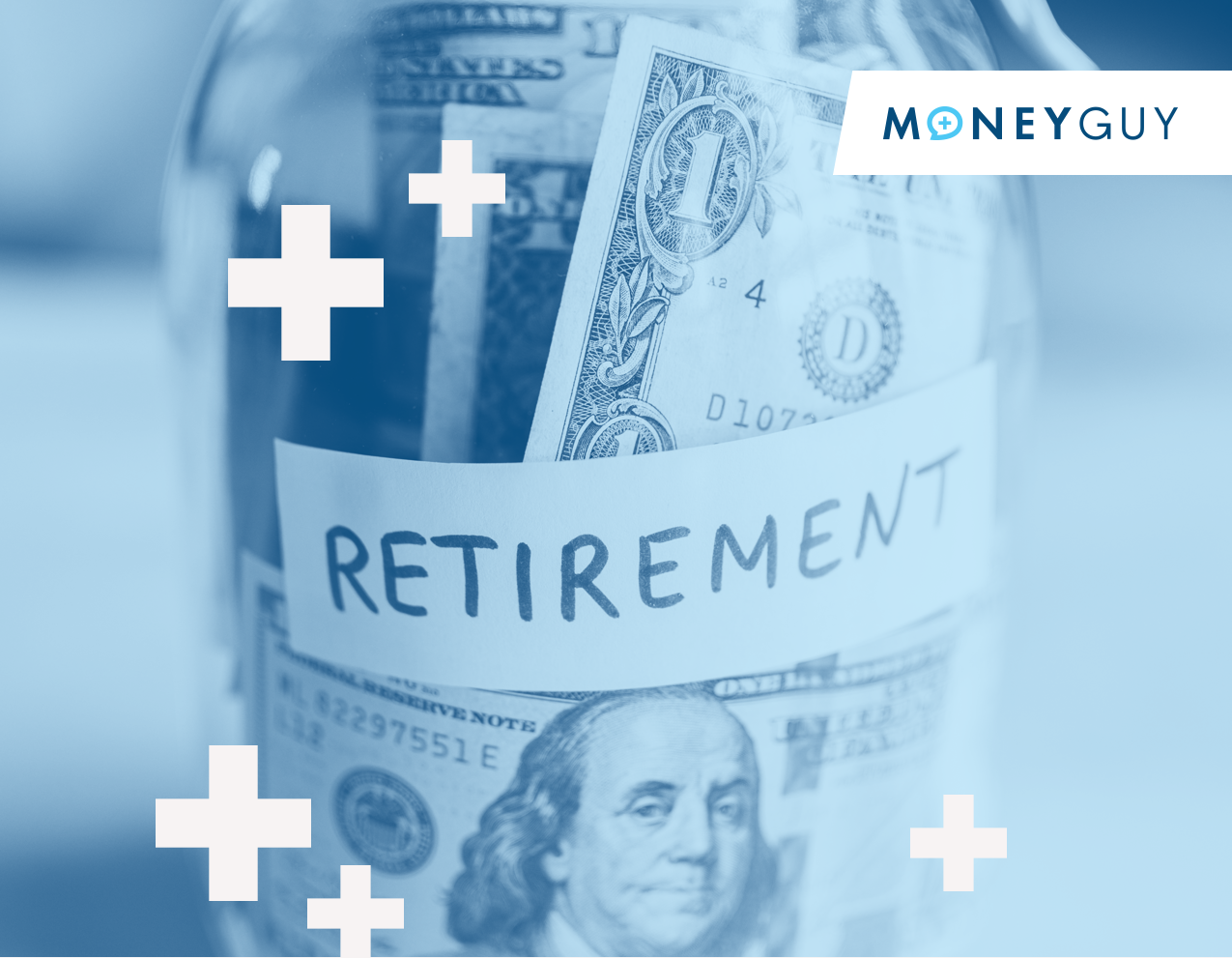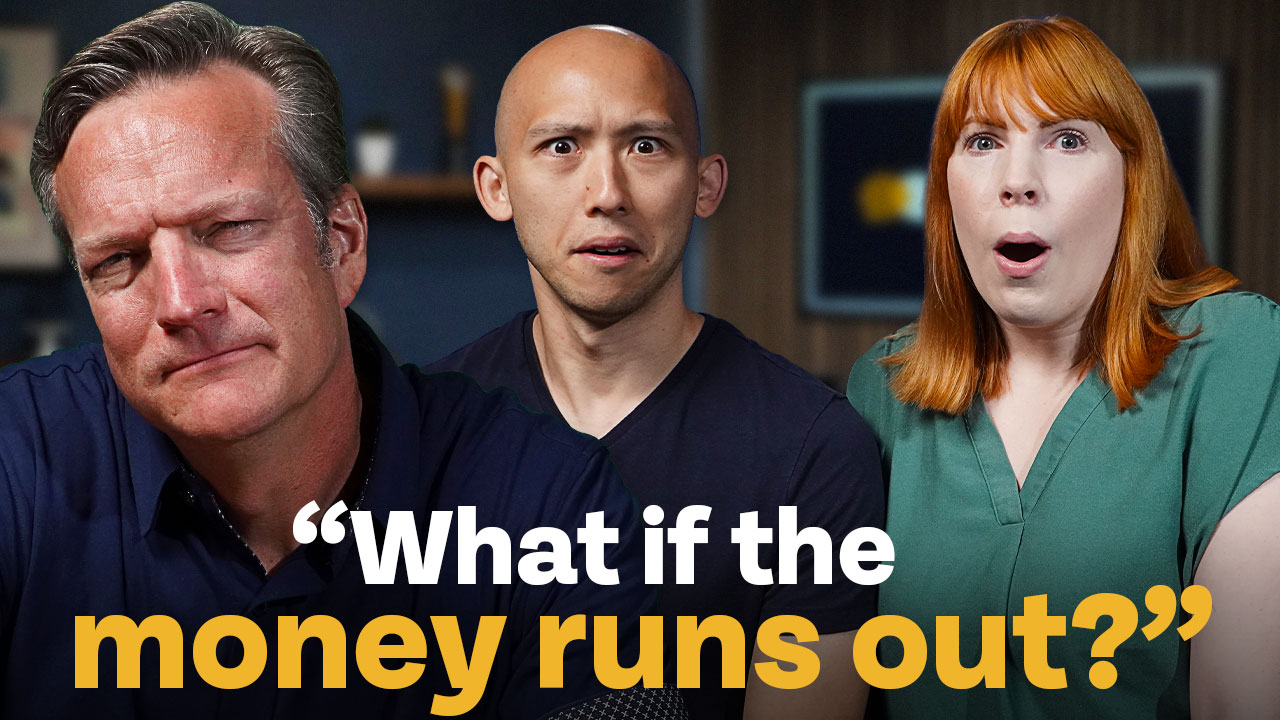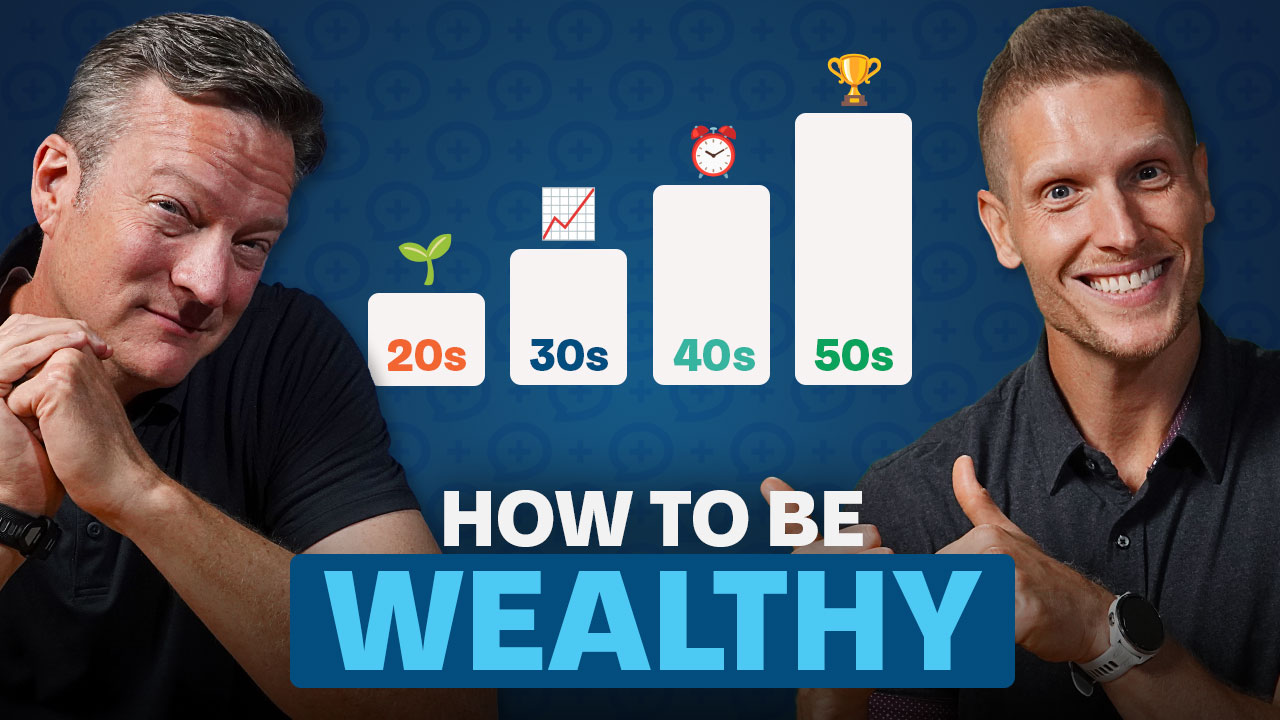I think another thing that is really interesting to think about in our millionaire population is our mindset—how do they view money and how do they specifically view the world around them? It's so interesting that when we ask the question of our millionaires, "Do you consider yourself an optimist or a pessimist?" 84% of them said, "Hey, I'm an optimist. The glass is half full, things are generally better than I thought they would be, and things are generally improving."
The optimism of our clients didn't surprise me because, I mean, no shocker, I think everybody would know I'm an optimist too if you hang out with me. I'm very optimistic about the future, even when crazy stuff is going on. But the thing that really blew my mind is when Daniel was doing show prep and he shared a stat with me that 47% of the US population considers themselves optimists, according to a lot of the research. So, I mean, the other half, yeah, so it's almost half and half. I mean, the majority are not optimists, and I think there's something big to take away from this. Not only should you think about your worldview and how you perceive the future, but if you find that it's always negative and maybe a lot of your peers and friends surrounding you are negative, is that the right path? Or should you start looking to turn those lemons into lemonade or find the silver lining? Because this is something that is consistent, whether it's our research or Ramsey Solutions' Millionaire Next Door, optimists are the ones that typically create success. It's not the villains, the people doing bad stuff, and it's not the victims. Look, we are all victims, I get nervous saying that, but it is one of those things where I want you to use whatever bad stuff has happened in your life, the trauma, the bad things, use that to see if you can find an energy source to push you into the optimist column and actually find some wins and create success for yourself.
Brian, you and I have been working together now for decades, and you've given me tons of great advice over the years. But I think probably one of the best pieces of advice you ever gave me is when you said, "Bo, look, as you age, as you move along in your career and your years, there's going to be a voice inside your head, and we all have it. That voice exists for all of us, and what you have to recognize is the tone you allow that voice to have will affect all aspects of your life. If you allow it to be negative—'Oh, well, so-and-so makes more money than me,' or 'So-and-so had better opportunities,' or 'So-and-so did this or that'—if you allow that voice to be negative, it's going to naturally pull you in a negative direction. But if you can consciously think through, 'Hey, I'm going to have a positive voice inside my head. Hey, so what if that person makes more? I can be a better saver. So what if that person had that opportunity? It's okay, I can go do this.' And if you can flip that around, it's amazing how that will permeate all aspects of your life, and I think it leads to a much more fulfilling, abundant life. If you can do that, well, it's—you say abundant—it's so funny because I sit here and think about my shower thoughts. I'm in there shampooing my head, and I really do ask myself, 'What am I going to do today to move that in a small way that will still go create more abundance?' And I really do feel that way in a lot of things that I do in my life. And I think if you ever go to marriage counseling, the first thing they're going to talk about is exactly what you talked about—what is that voice inside your head saying? Because if you can just do the right thing and retrain that brain, I think you'll figure out that it's amazing how the positivity will naturally change things. It's almost like the subconscious changes. I mean, and look, I don't want to belabor the point, but we go to conferences forever, and everybody's always like, 'Write down ideal clients. Write down where you want to be.' And I'm like, 'This is a bunch of hooey. Why would I do this?' I finally got fed up after about the third or fourth year and did it. And then I was shocked to see the makeup of my clients completely changed. It's the exact same thing. I don't believe in the whole mantras and magical things that we've reacted to on TikTok, but I do think if you can shape that voice, it will change your future.
You know, not only is mindset important and the way you think about your mental health, but another thing we thought was really interesting is how millionaires approach their physical health—how well do they take care of themselves? Or are they these folks who just work 100 hours a week and say, 'You know what? I'll worry about my health later.' It was really, really interesting. We asked the question, 'How often do you exercise? How often do you focus on physical health?' And the vast majority of our folks exercise more than three days a week. So, there are more days of the week that they're exercising than less. Only about 15% don't exercise. It's not for me, not something I want to get into. We only get one body, you only get one shot, and there's no point in saving up all this money, building up all this abundance, and making all these deferred gratification decisions if we're not staying healthy enough to actually enjoy it later in life.
Yeah, I think about my childhood and the eating choices of loved ones, and I feel like we have so much more knowledge now about what lifestyle and exercise do. And as a person who is approaching my sixth decade on the planet—gosh, that sounds crazy to say—but it is one of those things where I would encourage you to really think about it. There's a fork in the road moment as you cross into your 40s, where you can't just eat whatever you want and assume you're always going to heal as fast as you have in the past. So, go ahead and make a proactive choice, just like you're taking the decision to take a little bit today for that great, big, beautiful tomorrow with your finances. Do the exact same thing with your body and be deliberate with how you eat and how you exercise. Because if you can have those things, I think you'll find that it not only helps you financially because you'll have a purpose with everything you're doing in life, but it also aligns well.
Now, I think—I don't remember if you told me this, but I'm going to give you credit for it even if you did—you said that as we age, our bodies are going to hurt. They're naturally going to be sore. You get to choose whether it's because of working out and exercising, that kind of soreness, or if you're not doing that, your body's going to find other ways to hurt—that's the aching backs, aching hips. You get to choose that, just like most things in life. If you can put in a little bit of hard work today to pay off for it down the road, it will be huge.
Yeah, it's one of those things. I have a bad bum ankle from basketball, and if I take three weeks off of working out, that ankle starts hurting. But as soon as I go back to the gym and start exercising, it's always the muscle soreness or something, but somehow that ankle—I really do think, and I've told you this—I think my body is like, 'Hey, I'm going to give you a choice. We're either going to let you choose where you hurt, or if you just sit back and become complacent, I'm going to let that ankle kind of be the thing that gives you trouble.' I ought to be very clear that's not medical advice. We don't know if that's true or not, but it just seems anecdotally like it works really, really well.
Here's another question that we asked our millionaires, which we thought was so interesting, specifically given where we are in our economic cycle right now. We asked them, 'When you
bought your first home, how much did you put down?' Because surely you would think millionaires had to have made great financial decisions to get there—they had to do the hard things. And we know that the common thread is 20% down on your first home. You've got to have a 20% down payment. So, is that, in fact, what our millionaires did?
I've shared many times because we eat our own cooking. I don't want to be a hypocrite, and the fact is that I didn't put down 20% on my first home, and you didn't put down 20%. We went around and asked all of our financial advisors, 'How many of you put down 20% on your first home?' And the funny thing to me is that the stat pretty much looks like this: only 20% of our clients put down 20%. The rest were all over the place. 24% put down 10% to 20%, 29% put down 5% to 10%, and then 27% put down under 5%. So, if you are someone who's trying to get into that first home, maybe you are an aspiring millionaire and you have to make that decision, give yourself a little bit of grace. If you can't come up with 20% down, it's okay. If you can only come up with 3% to 5% down, that's going to be okay, so long as you make sure you keep your total housing costs inside of 25% of your gross income. If you can do that, you're not shortchanging yourself. But when it comes time to upgrade, when it comes time to buy that second house, when it comes time to move up in lifestyle, then we do think 20% is a requirement, something that you absolutely should do.













